690 rezultāti atrasti
Skip results of view Ziņas
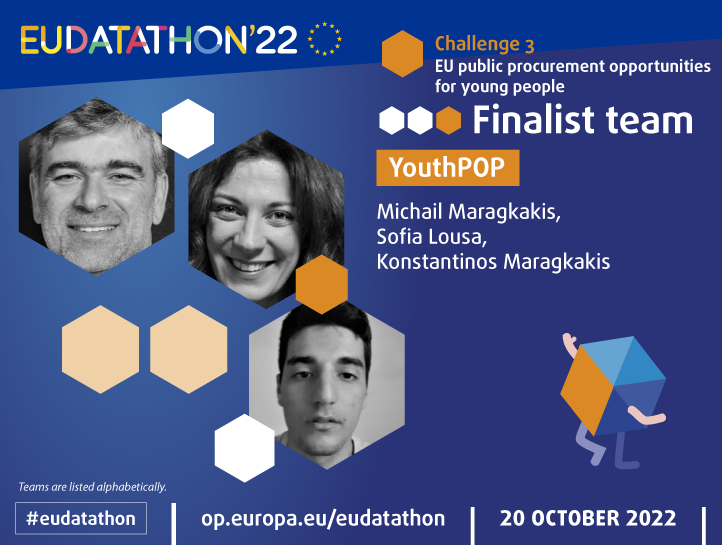
‘The teams behind the apps’ is a series of videos made by the EU Datathon finalists. Get to know this year’s teams and their apps over a set of 12 episodes, twice weekly, in the run-up to the competition finals. On 20 October, the teams will pitch their apps to a jury that will select the winners. An audience will also be able to support their favourite team through the Public Choice Award vote. Register now to follow the finals online! The YouthPOP (youth public open procurement) project combines historical Tenders Electronic Daily (TED) data with machine-learning technology. The goal is to
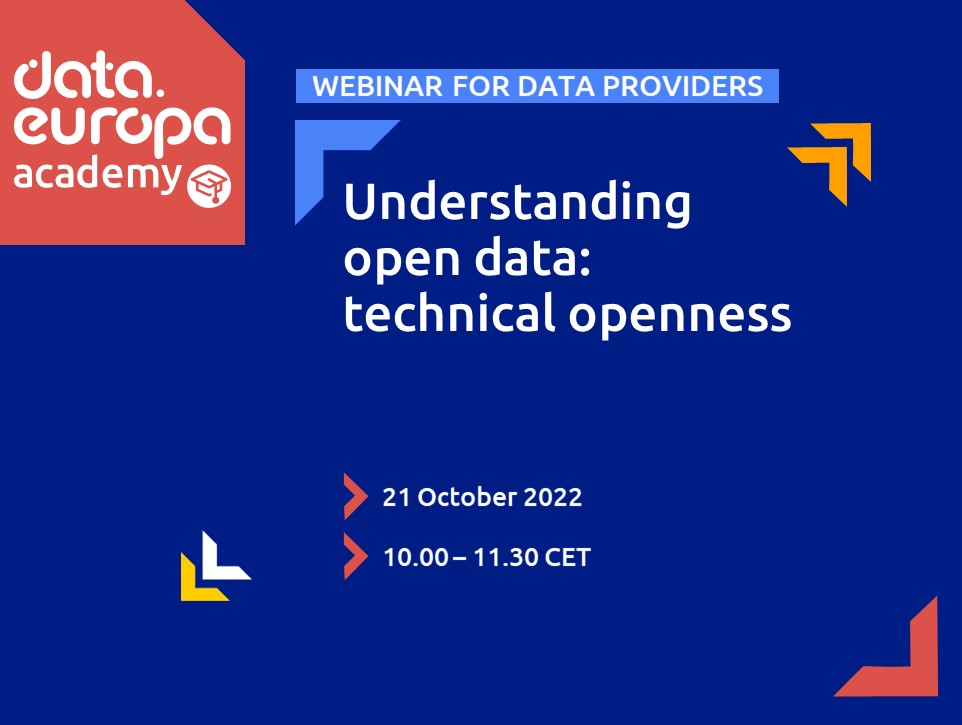
Open data needs to be technically and legally open, and ideally available in bulk in a machine-readable format. This means that published data should be available in electronic file formats or as API that are machine-readable and non-proprietary, so anyone can access and use the data using common, freely available software tools. For this purpose, data providers should be able to answer questions such as: What is the format int o which we should transform datasets? What is the quality of this data? How can we move from closed to open formats? The data.europa academy’s webinar ‘ Understanding
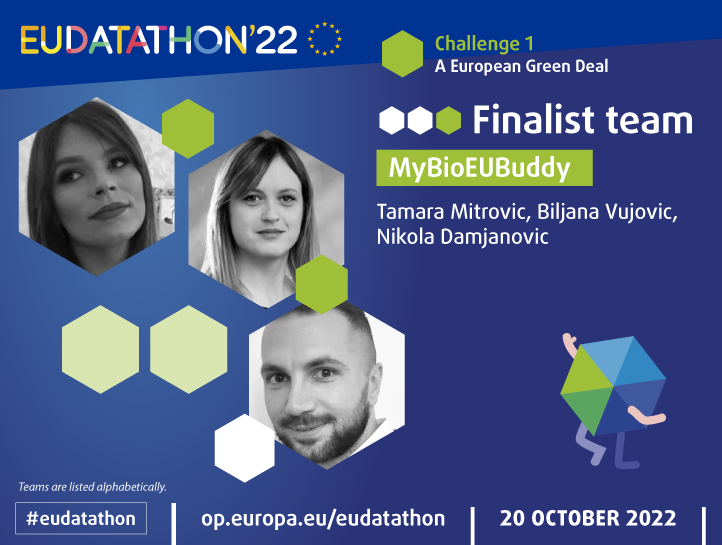
‘The teams behind the apps’ is a series of videos made by the EU Datathon finalists. Get to know this year’s teams and their apps over a set of 12 episodes, twice weekly, in the run-up to the competition finals. On 20 October, the teams will pitch their apps to a jury that will select the winners. An audience will also be able to support their favourite team through the Public Choice Award vote. Register now to follow the finals online! Organic farming is an agricultural method that aims to produce food using natural substances and processes. As such, it tends to have a limited environmental
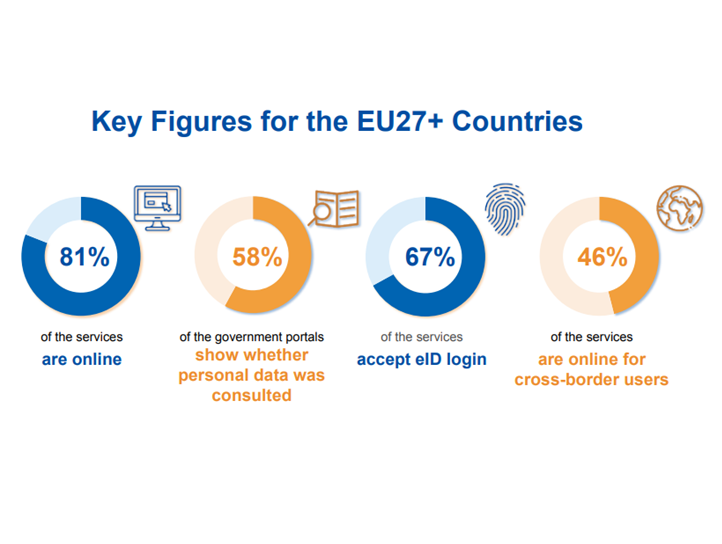
How mature is digital government in Europe? To answer this question, the eGovernment Benchmark compares yearly how governments across Europe deliver digital public services. It evaluates eGovernment services in the 27 EU Member States as well as Iceland, Norway, Switzerland, Albania, Montenegro, North Macedonia, Serbia and Turkey. In the European Commission’s 2022 eGovernment Benchmark report, four dimensions of eGovernment have been measured: User centricity – To what extent are services provided online? How mobile friendly are they? What online support and feedback mechanisms are in place
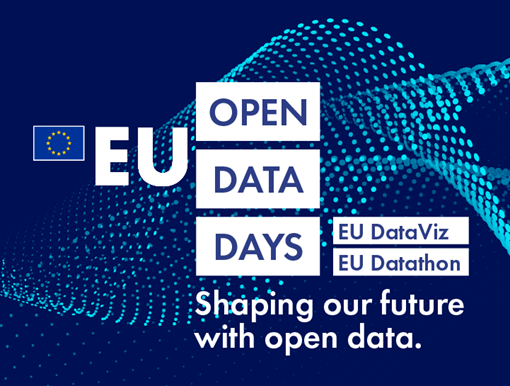
Last November, the Publications Office of the European Union organised the EU Open Data Days . Over the three days (23 – 25 November 2021), the event showed the benefits of open data to more than 2300 EU public sector representatives, citizens and businesses under the main theme: ‘ S hape our future with open data’. Over 70 speakers from across the world took the floor in six thematic sessions . Each of these sessions provided an overview of innovative techniques and best practices used in both the private and public sector. Moreover, they offered the participants valuable insights into open
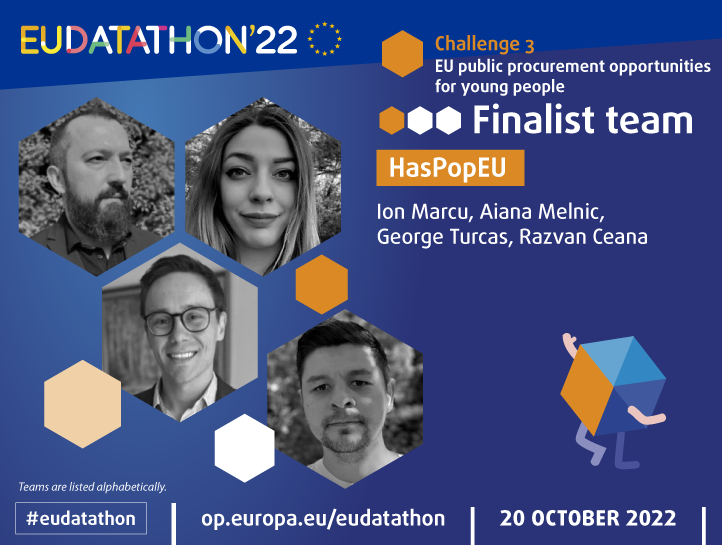
‘The teams behind the apps’ is a series of videos made by the EU Datathon finalists. Get to know this year’s teams and their apps over 12 episodes – two per week – in the run-up to the competition finals. On 20 October 2022, the teams will pitch their apps to the jury, who will select the winners. The audience will also have a chance to support their favourite team in the Public Choice Award vote. Register now to follow the finals online! HasPopEU leverages open EU public procurement data and machine-learning techniques to enhance job and skill matching. The application has a special focus on
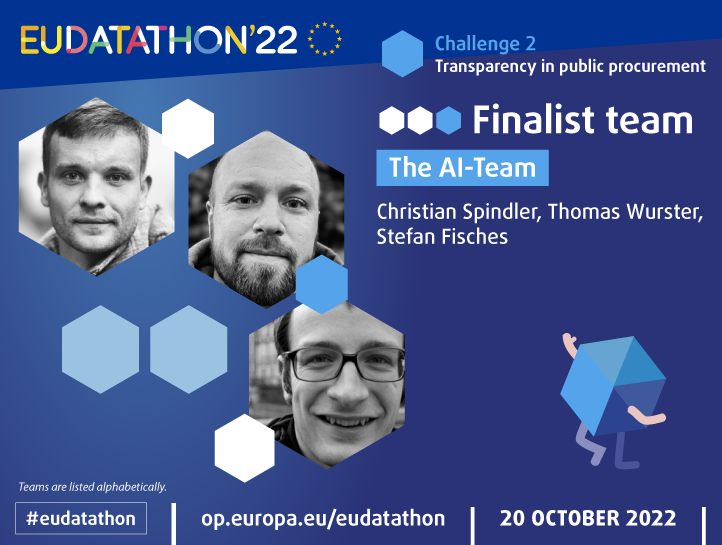
‘The teams behind the apps’ is a series of videos made by the EU Datathon finalists. Get to know this year’s teams and their apps over 12 episodes, twice per week, in the run-up to the competition finals. On 20 October 2022, the teams will pitch their apps to the jury that will select the winners. The audience will also have a chance to support their favourite team in the Public Choice Award vote. Register now to follow the finals online! Tenders Electronic Daily (TED) is the European public procurement journal. TED publishes 676 000 procurement notices a year, including 258 000 calls for

On Friday 16 September, the first webinar for data providers ‘Data.europa.eu – The official portal for European data’ took place. During this webinar, we focused on data.europa.eu as the single point of access to European open data, with over 1.4 million datasets from EU institutions, European countries and other international organisations. We defined open data as ‘any data that is made available with an open licence’ or, following the definition of the Open Knowledge Foundation , ‘data that can be freely used, re-used and distributed by anyone’. To ensure open data is consumable, the FAIR
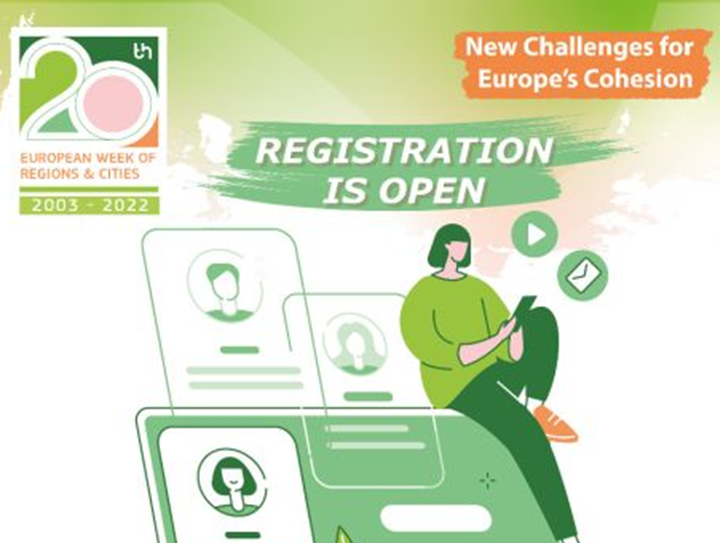
The European Week of Regions and Cities is the biggest annual four-day event organised by the European Commission to showcase cities´ and regions´ capacity to create growth and jobs, implement European Union´s cohesion policy, and prove the importance of the local and regional level for good European governance. It has grown to become a unique communication and networking platform, bringing together regions and cities all over Europe, including politicians, administrators, experts, and academia. This year, the 20 th edition of the European Week of Regions and Cities will take place from 10 to
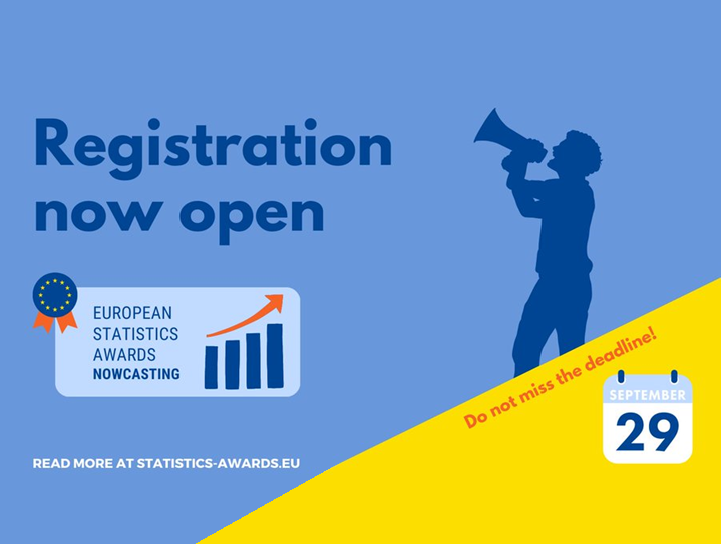
To further engage with the innovation community at large and to encourage the creation of solutions for statistical production, Eurostat is launching the European Statistics Awards Programme . The first round of this programme, which offers competitions in the fields of nowcasting and web intelligence, has just been opened. Until the 29 September 2022, teams of researchers, developers, and methodologists can sign up and have the chance to win up to 8 000 EUR in prizes (per time series) for their nowcasts. Teams may sign up to try their skills for one or more of the following three-monthly time
